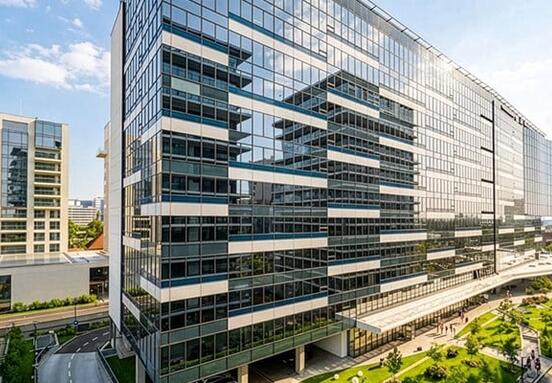The results of economic adjustments were visible in the 2013 economic performance after the crisis that had started in 2009 affected Romania as well.
“No doubt the crisis has taken its toll on Romania’s economy, given the large imbalances which had been steadily accumulating during the boom years. Whether the crisis has ended or not at European level is still a matter of debate. What may be said for certain is that Romania undertook the necessary adjustments during 2009-2012 period and the preconditions for sustainable growth are now in place. Indeed, the result of these adjustments may already be seen in the 2013 economic performance, which hopefully marks a turnaround in Romania’s economic development: rapid economic growth (judged by the current EU standards), sizeable adjustment in the current account deficit, historically low inflation, while keeping the fiscal deficit well below 3 percent”, Governor of the National Bank of Romania (BNR) Mugur Isarescu told the opening on Tuesday of a Romanian-Czech business forum hosted by central bank, during an official visit of Czech Republic President, Milos Zeman, paid to Bucharest yesterday.
Central bank governor mentioned to the point the performance with meeting the Maastricht criteria and the measures for Romania’s scheduled switchover to the European single currency in 2019. “However, the recent economic European developments have taught us that only the fulfillment of nominal convergence criteria is not enough. The key is to pull this off consistently. Setting a target date for euro adoption should act as a catalyst for sound economic policies. Romania has a five year period in which to check whether the above- mentioned achievements are here to stay and to demonstrate significant progress in real convergence area, where we still have a lot of catching-up to do,” Isarescu said.
The deficit fell down to 1 percent of the Gross Domestic Product (GDP), inflation was contained at around 3 percent, while public debt declined to 40 per cent, BNR Governor pointed out. Price stability is a reference element in keeping inflation at a low level. Romania has set to join the Eurozone in 2019 and it still has five years to prove its potential for real convergence. The monetary union cannot operate coherently in the absence of a fiscal partnership. Romania has been backing up the idea of a banking union to consolidate financial stability. Isarescu added that Romania still has requirements to meet regarding fiscal policy sustainability, long-term convergence and the exchange rate. Isarescu urged Romanian companies to invest in the Czech Republic and the attending Czech businesspeople to get to know Romanian wines.
“Czech companies are already present as investors in Romania, with names such as CEZ, Zentiva, Hame, and hopefully following this Forum more companies will join them. This should work both ways, as investment opportunities identified during the Forum discussions may also prompt Romanian companies to invest in the Czech Republic”, Isarescu concluded.
Attending the forum, Czech President Milos Zeman said his country is ready to export to Romania and also to import fruit and vegetables there from.
Also the event was attended by, Jaroslav Hanak, President of the Czech Confederation of Industry, Karel Novotny, Deputy Minister of the Czech Ministry of Industry and Trade, and His Excellency Mr. Jiri Sitler, the Ambassador of the Czech Republic.
Tomorrow, there will be such a business forum in the Republic of Moldova, President Milos Zeman is going to make an official visit in Chisinau too, with the participation of over 30 Czech companies. (source: nineoclock.ro)







